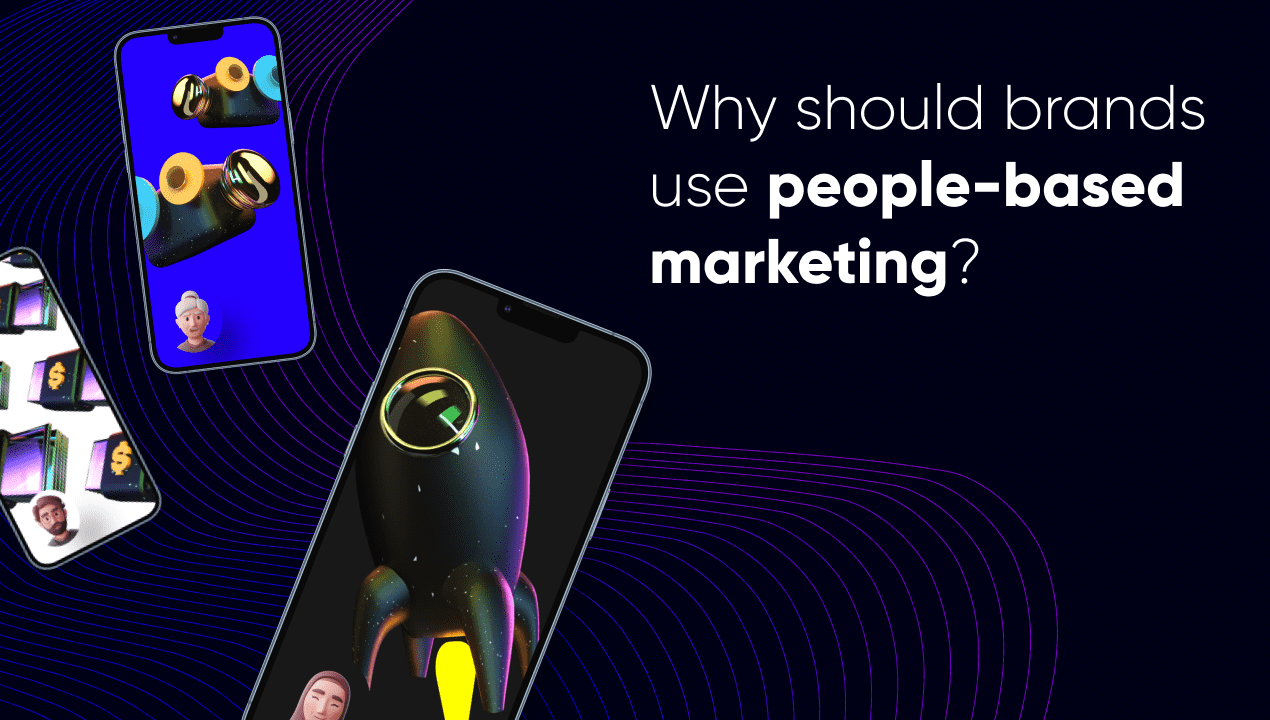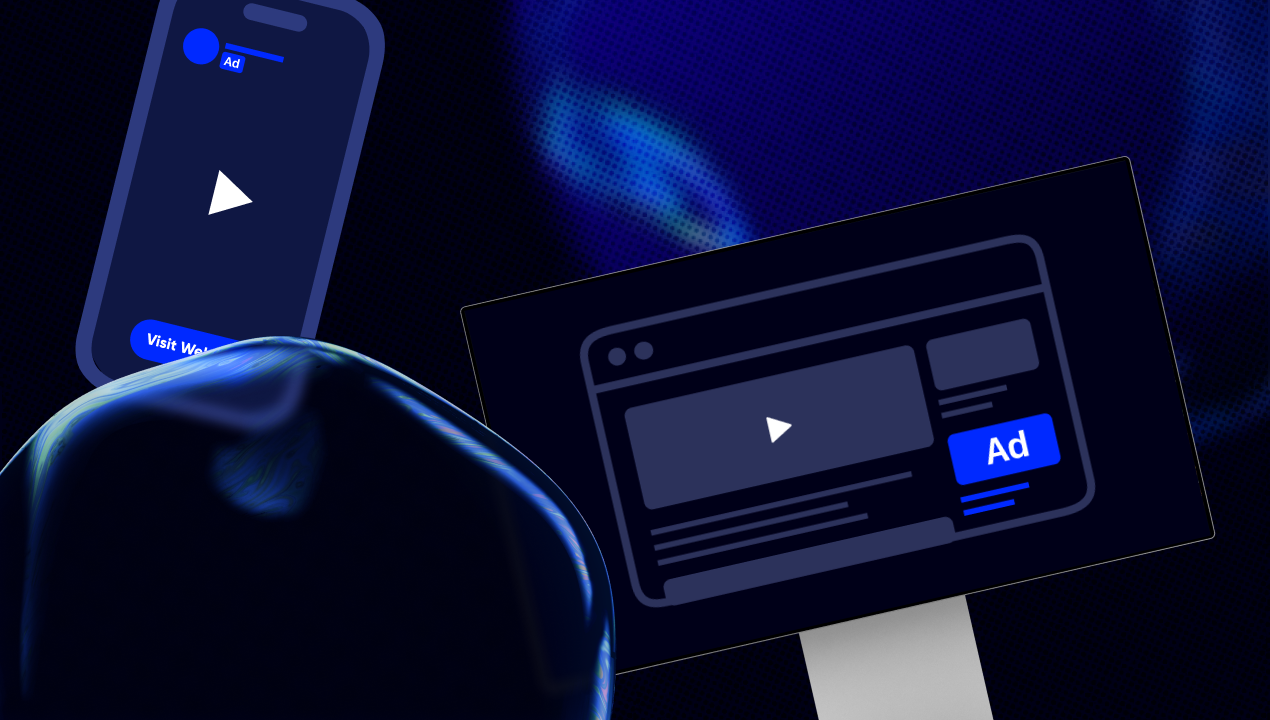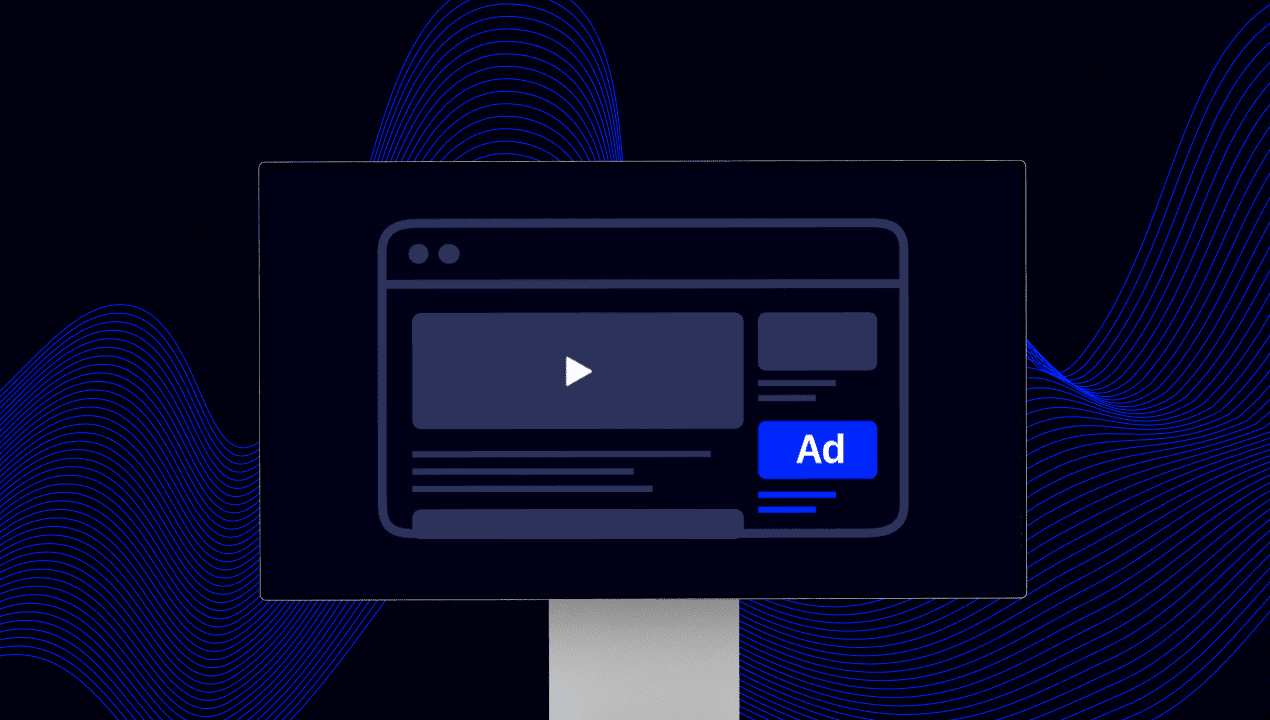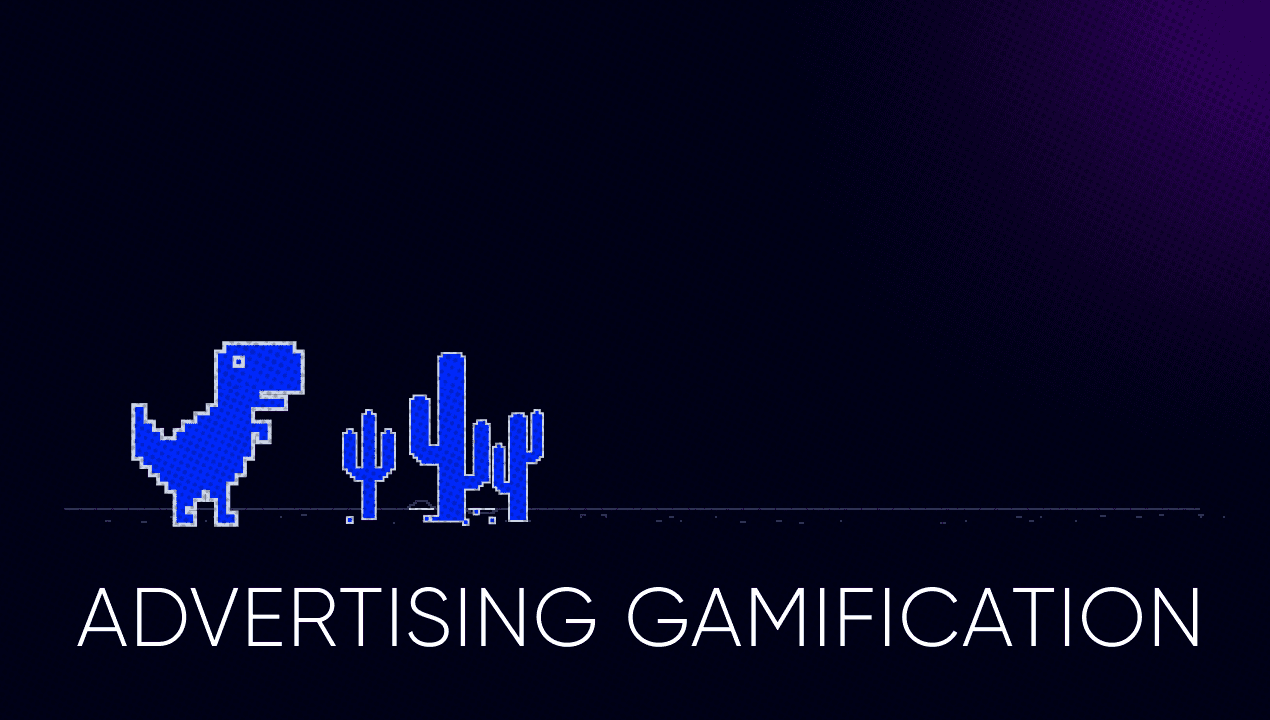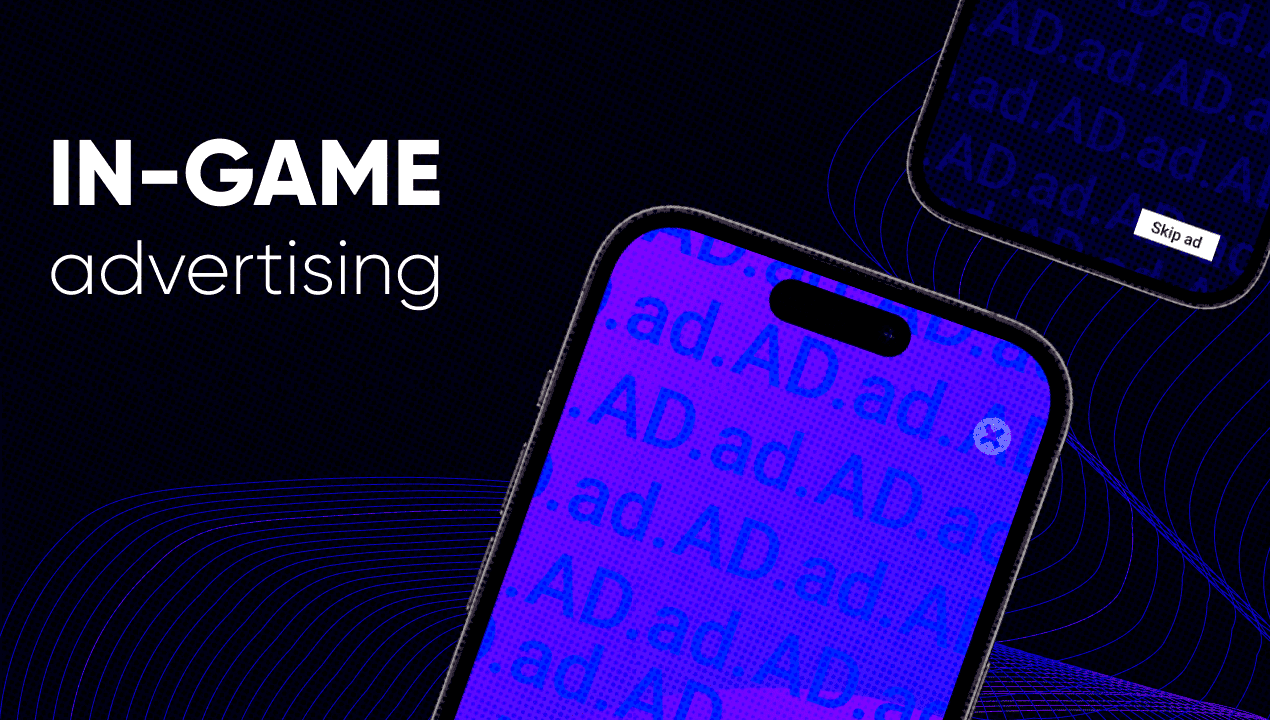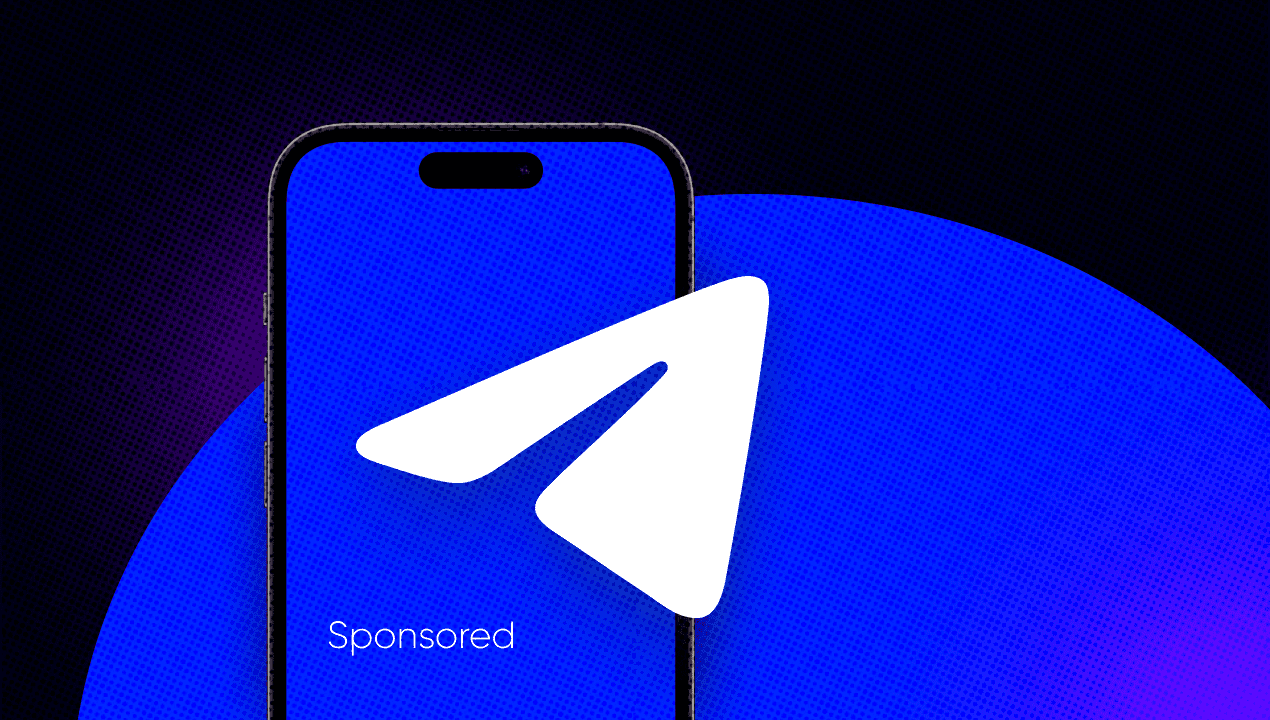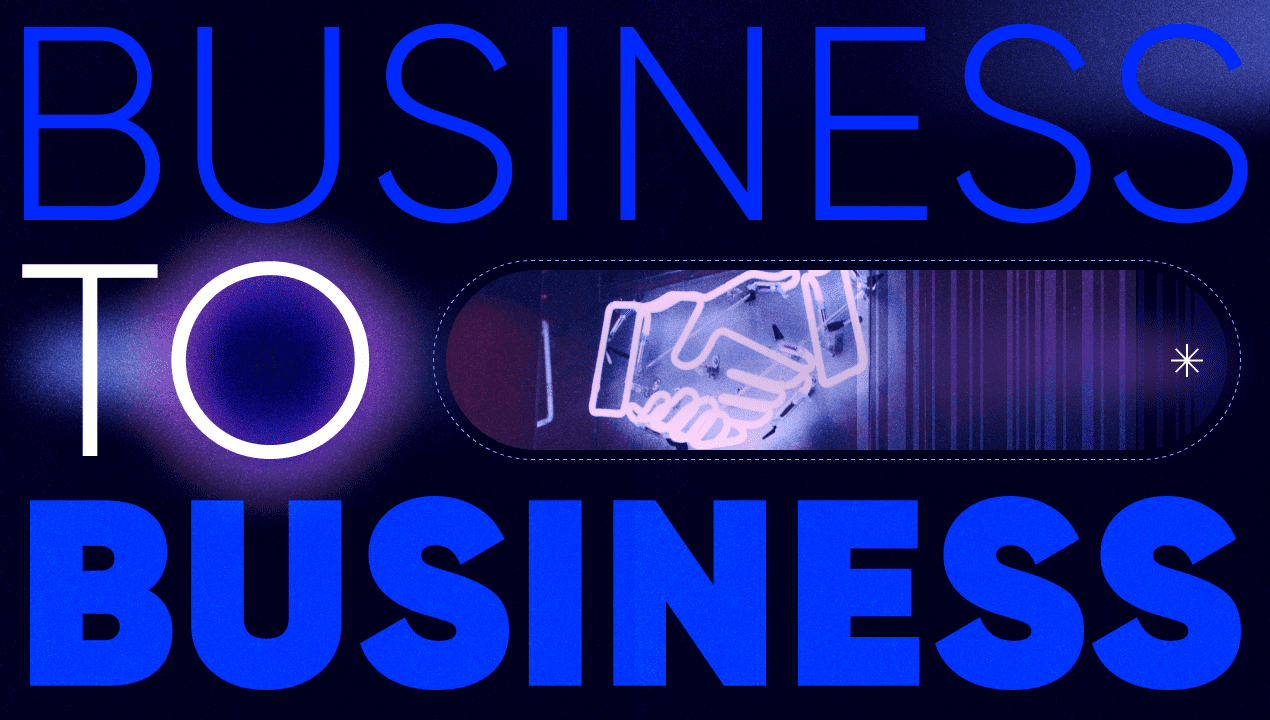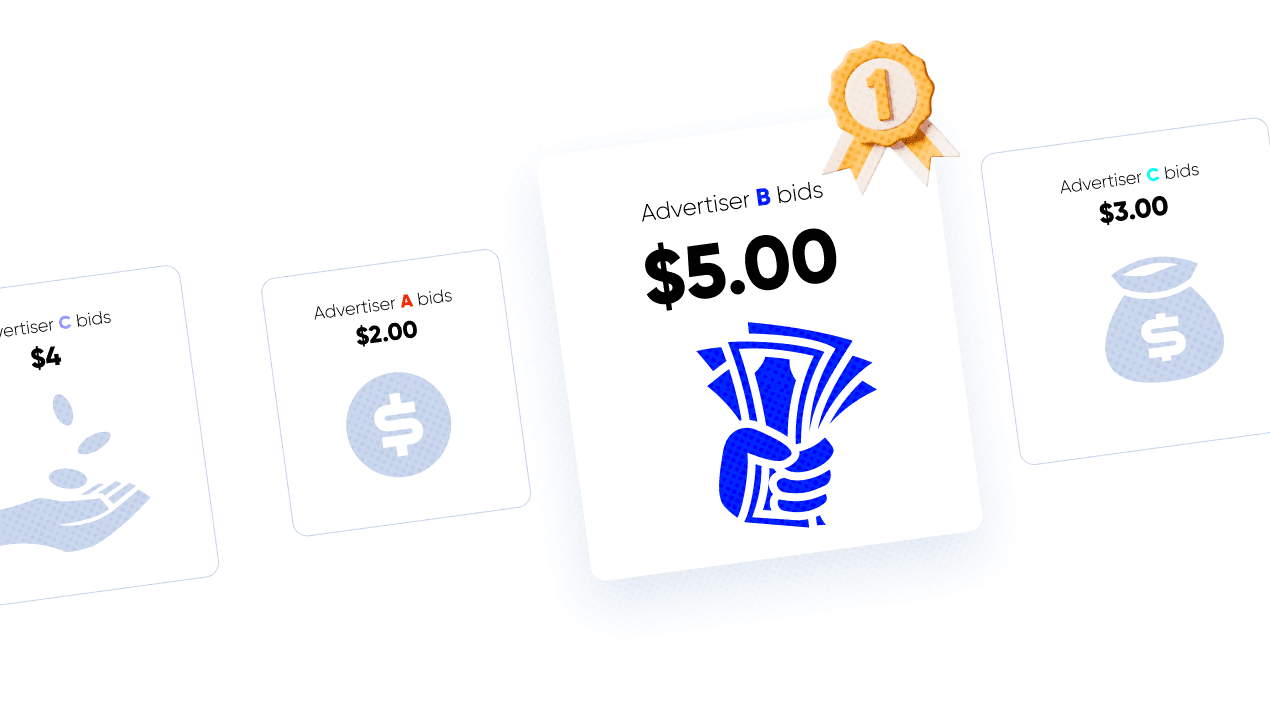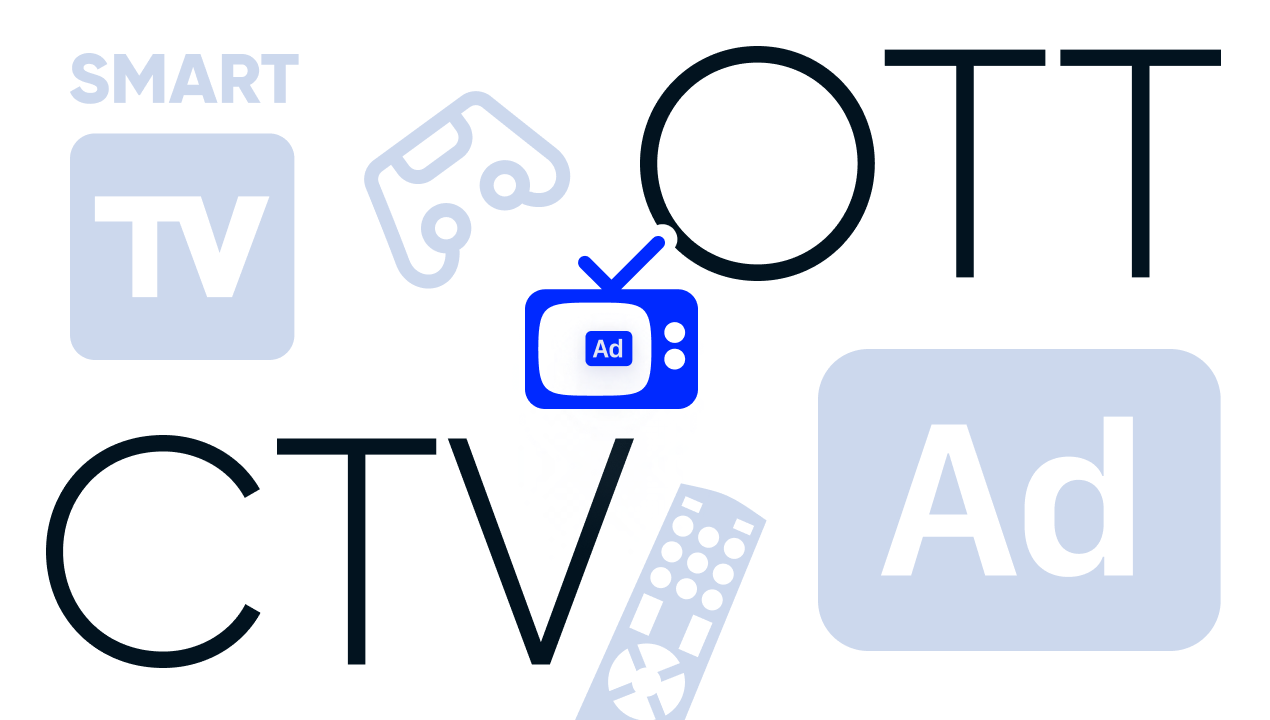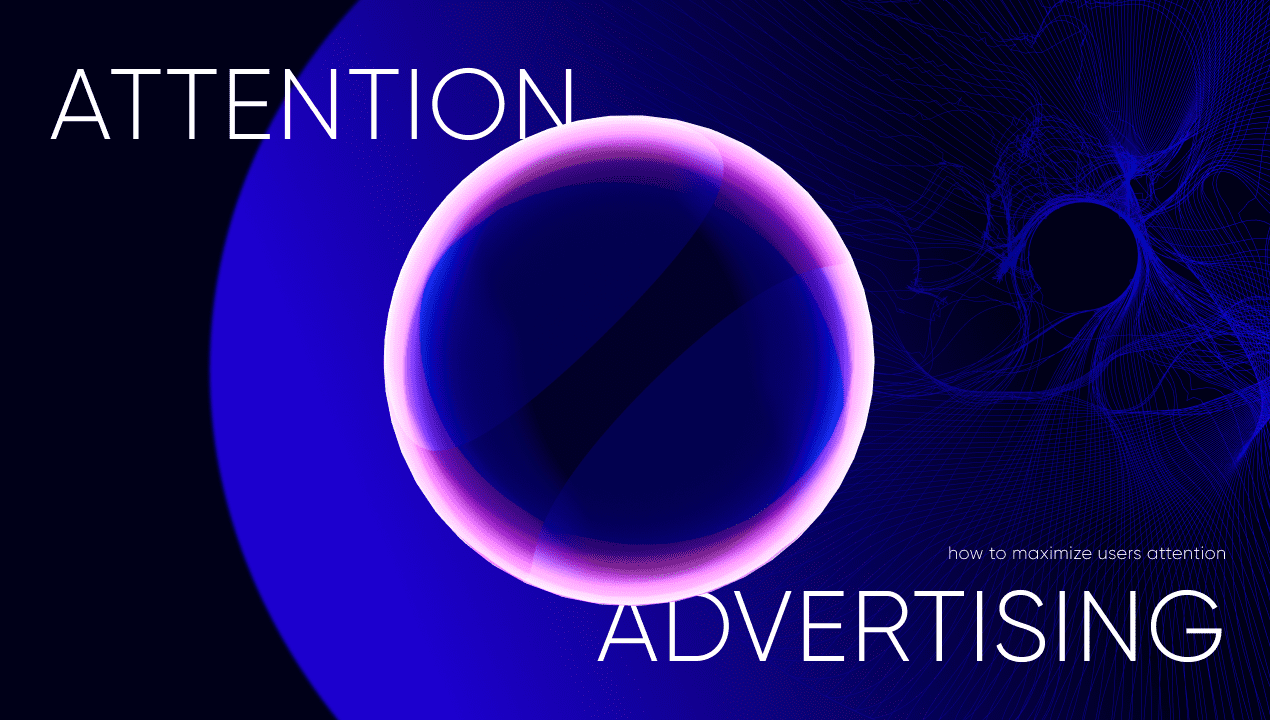
A Complete Guide for Online Display Ads
- Author: Lizaveta Zhuk
It should come as no surprise that increasing brand awareness and supporting a brand’s audience’s loyalty is important. High brand awareness and audience loyalty are changing the game of digital marketing. The most-used aspect of that is the opportunity to grow your business faster and more effectively. For awareness ad campaigns, brands often use display ads.
In this article, we dive deeper into display ads and reveal what it is, how it works, types of display ads, and so on.
What is a Display Ad?
Each of us has found display advertising on the internet before, even if we didn’t realize it at the time. Display ads are visual advertisements that may be found on different websites, mobile apps, and so on. This type of ad includes different ad formats such as banners, videos, and others aimed to attract an audience’s attention and push them to take specific actions depending on the goal of an ad campaign.
Key components of digital display ads:
- Visual elements: images, videos, graphics, interactive elements and animations.
- Copy: persuasive and concise text that conveys the message.
- Call to action: short instructions motivating users to take the desired action.
Types of Display Ads
Banner ads: Image ads that appear at the top, bottom, or sides of a webpage. They are among the most common types of display ads.
Video ads: Short videos that play automatically or after user interaction are highly engaging and can offer more information than static ads.
Rich media ads: Interactive ads that include elements like animations, games, or clickable features provide a more immersive experience for users.
Native ads: Advertisements that consist of text and image and blend seamlessly into the content of the website or app, matching the look and feel of the platform while still promoting a product or service.
Benefits of Display Ads
Visual Appeal: The visual nature of display ads makes them highly engaging. Creative visuals can capture attention more effectively than text-based ads.
Broad Reach: With different ad formats, from text and images to videos, brands can find their target audiences wherever they are.
Omnichannel Approach: Due to the different ad formats included in display ads, brands are provided with a presence on different platforms, as each of them supports its own formats.
Easy to Deliver Ad Messages: Most online display ads consist of images that are easier to interpret than text.
Great Value for Money: This type of ad allows brands to interact with users throughout the entire customer journey. Brands can engage with users at different stages of decision-making, from the awareness stage to purchase. This significantly increases the chance of conversions.
Higher Brand Awareness: Many publishers support display ads, so it would seem to users that your brand is everywhere, helping to increase brand awareness.
Measuring Success
To evaluate the effectiveness of your display ads, brands should track key performance indicators that match ad campaign goals. Also, the measurements of some ad formats are different from others. Generally, you may follow the next way:
If your goal is to increase brand awareness, track:
- Impressions —the number of times your ad is shown.
- Outreach — the amount of unique users who see a brand’s ads.
- Brand awareness — the level of familiarity consumers have with a particular brand.
- Ad Recall — how memorable an advertisement is to an audience.
- Brand Interest — how many users search your brand and how often they do it.
- VTR (for video ads) — the number of completed views of a skippable video ad over the number of initial impressions.
If you want to increase traffic volume to a brand’s site, evaluate:
- Clicks — the number of times users click on your ad.
- CTR (Click-through rate) — the ratio of clicks to impressions, indicating how often users click on your ad after seeing it.
- Bounce rate — the percentage of sessions that were not engaged.
- Average session duration — the average time users spend on a particular website, app, or platform during a single session.
- Page depth — the measurement of the number of pages on a brand’s site that a visitor views during a single browser session.
If you are looking for conversions and profit growth, pay attention to:
- Conversions — the number of users who take the desired action after clicking on your ad.
- Conversion Rate — the percentage of users who have completed a desired action.
- Cost per action (CPA) — the total cost spent to receive the required actions by your customers.
- Cost per lead (CPL) — the amount of money it takes to generate a new prospective customer for your sales.
- Return on Investment (ROI) — the overall return compared to the cost of your ad campaign.
- And so on.
Advanced analytics tools can provide deeper insights into user behavior, helping you fine-tune your strategies for better results.
Personalization in Display Ads
Personalization has become a key element in maximizing the effectiveness of display ads. By tailoring ads to individual user preferences and behaviors, marketers can significantly enhance engagement and conversion rates as well as:
1. Enhanced user experience. Personalized ads deliver relevant content to users, improving their overall experience and increasing the likelihood of interaction.
2. Increased relevance. As advertisements are tailored with users’ interests, personalized ads resonate stronger with the audience and increase desired actions.
3. Rise up engagement. As personalized advertisements have higher relevance, they often show higher CTR and CR.
How to Personalize Display Ads
There are several ways to personalize advertisements, but all of them begin with data. So:
- Collect and Analyze User Data: You will need behavior data, demographics such as age, gender, income level, and information on how users interact with your ads.
- Segment Target Audience Based on Collected Data: Dividing users into small groups based on specific criteria is necessary for tailoring relevant ads.
- Personalized Ad Creatives: Use visuals that align with the user’s interests and past behaviors. Also, it’s important to personalize call-to-actions and ad copies to match users’ stage in the customer journey. One more tool that might help brands personalize users’ experience is DCO (Dynamic Creative Optimization). The technology works based on users’ data—analyzing their actions on a brand’s website, which products consumers open on a brand’s website, and adjusting ad creatives, copies, and CTAs in real time based on this information. As a result, users will see an ad with a certain product they were interested in before on a brand’s website.
- Implement programmatic advertising to deliver a personalized ad experience for users. The thing is that programmatic algorithms can anticipate future user behaviors and preferences. Based on these predictions, they choose the most tailored ad creative that significantly increases desired actions.
Programmatic display ads
Programmatic technology is based on artificial intelligence and machine learning algorithms that analyze a lot of data in real time to find a brand’s target audience in a largely digital world and show them relevant ad messages based on their interest and behavior on the right channels and at the right moments. With programmatic, it is easy to target even specific audiences due to improved targeting and building a full customer journey—from the first touch and awareness to purchase and loyalty. In the end, it helps significantly increase conversion rates and profit.
Programmatic ads support different ad formats, from banners, videos, native ads, posts, and stories on social networks to fullscreen or interstitial banners in mobile apps. By combining different ad formats, brands can increase users’ engagement and achieve their marketing goals faster.
However, to have a chance at success, everything must work together—media strategy development, execution, evaluation, and continuous optimization. It requires considering a lot of nuisances and bringing these nuisances all together. Brands may find it challenging. So the question is, how do we go about overcoming this challenge? One of the best decisions is to rely on a reliable partner.
NT Technology would be glad to become your programmatic partner. We have been mastering our own programmatic platform, NT DSP, for more than 10 years. During this time, we have mastered all the intricacies and nuances of media strategy development, running ad campaigns that yield desired results, optimization, and evaluation. We are continuously developing and improving our strategies, platforms, and approaches to solve your unique advertising challenges. Make sure NT’s ad campaigns are highly efficient, as shown in the case study below.
How to Increase Online Orders for an Online Pet Store by 3.1 times
Our client focuses on improving the lives of pets and pet owners. The client’s company strives to keep high-quality standards in pet care, delivering comprehensive wellness and nutrition solutions through its products and services. The client approached us to increase online orders. They were also looking for opportunities to attract quality traffic to their website.
To complete the client’s tasks, our team developed different versions of banners depending on the types of pet owners. Cat owners, dog owners, fish owners, etc., saw ads relevant to them. We closely monitored the process of the ad campaign and determined that mobile static banners attracted users less effectively. To generate more engagement among mobile audiences, we decided to add parallax banners instead of static banners. This helped us capture the audience’s attention in a non-intrusive way on mobile phones. To get more online orders, we utilized search ads and look-alike targeting.
Moreover, we set up geo-targeting to show ads to pet-related interest audiences in veterinary clinics and hospitals, parks, animal studios, etc. As a result, we achieved the following:
- 3.1x times increased online orders
- 1.7 times decrease in CPO
You can find more case studies of our clients here.
Conclusion
Display ads offer a powerful way to reach and engage your target audience with visually appealing and strategically placed content. By understanding the different types of display ads, leveraging best practices, incorporating personalization strategies, and continuously measuring and optimizing their campaigns, marketers and businesspeople can significantly enhance their brand’s visibility and drive meaningful engagement and conversions. Embrace the dynamic world of display ads and unlock new opportunities for your business growth.
If you have questions or need help to launch highly efficient ad campaigns to promote your business and drive your outcomes, contact us here. We’d be glad to help you with your marketing tasks.




